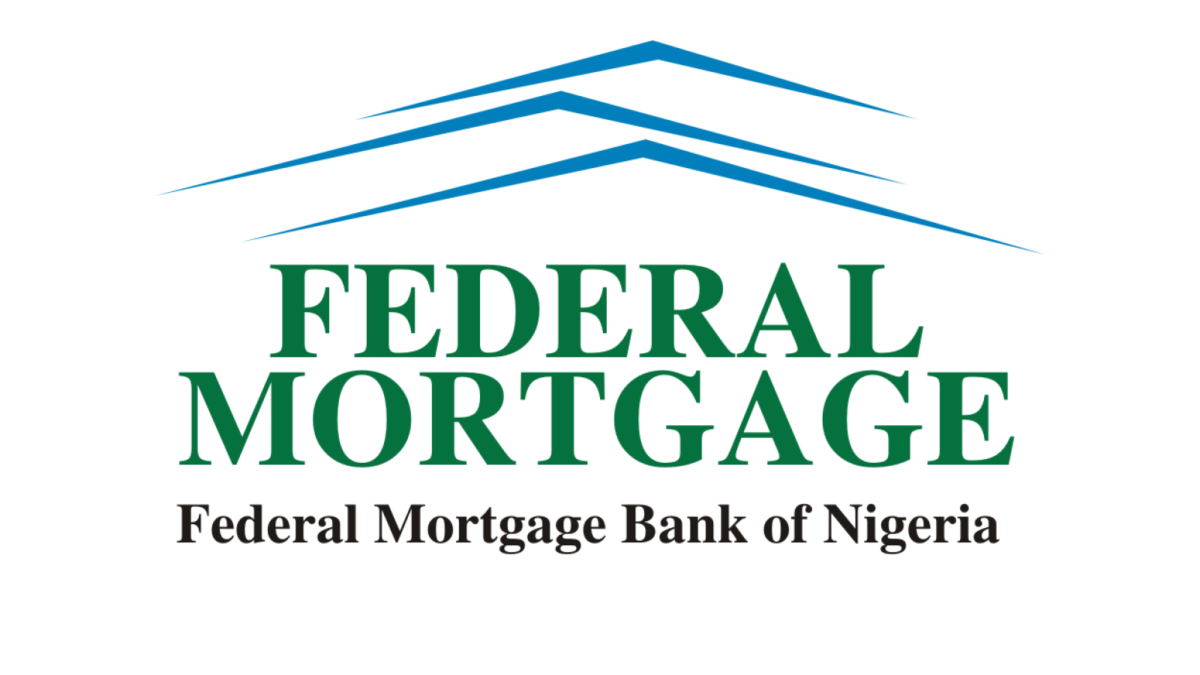- …To capture non-salaried informal sector
The Federal Mortgage Bank of Nigeria has boosted the National Housing Fund (NHF) scheme with the disbursement of N265bn to facilitate the delivery of affordable housing to Nigerians.
According to a statement by Lawal Isa, Head, Corporate Communications Group of the bank, the amount represents an increase by over N112bn or 74 per cent over the N152.5bn that the current management met in early 2017.
Isa said the Managing Director/Chief Executive (FMBN), Ahmed Dangiwa, disclosed this at the 2020 Housing Summit held in Abuja recently.
He said within the last three years, 8,700 new homes were built, a growth of 43 per cent, to attain a cumulative 29,133 funded housing units.
Dangiwa also said that subscribers to the NHF scheme of the FMBN have reached 5.1 million, adding that 34 out of the 36 states of the federation have complied with remittance of workers contributions, while five had resumed contributions within the past three years.
“You will recall that the National Housing Fund Scheme, established by Act 3 of 1992 was created to serve as a pool of long-term funds for housing delivery, funded by 2.5 per cent of workers’ monthly income and mandatory investments of percentages of the business portfolios of banks and insurance companies.
“Over the years, the loan products under the NHF scheme have been expanded to cater for the various needs of its contributors. Presently, the NHF provides fixed interest mortgages for home acquisition, an individual construction loan to aid self-development, a micro-loan for home renovation and rent-to-own.
“In addition to these demand-side facilities, the NHF has several loan windows granted to real estate developers and cooperative societies to fund construction of affordable houses at regulated prices.
“While there is still a lot of work to be done in addressing the housing needs of Nigerians, these figures support the inherent potentialities within the NHF scheme both in terms of coverage and affordability to most Nigerians.
“For instance, with just a contribution of N450 per month over a period of six months, a contributor becomes eligible for any of FMBN’s loans. Under our 5-year strategic plan, FMBN intends to target the non-salaried informal sector into the NHF scheme to achieve the goals of financial inclusion,” Dangiwa was quoted in the statement.
Dangiwa also said the bank intends a review of the NHF Act to ensure mandatory investments by banks and insurance companies.
He, however, stressed that since the enactment of the NHF Act 28 years ago, banks and insurance companies are yet to comply with the investment mandate stipulated by law.
The National Housing Fund (NHF) was established by the NHF Act of 1992 to mobilise funds that will facilitate the provision of affordable housing for Nigerians.
Under the extant NHF law, every Nigerian earning N3,000 or more per annum was required to contribute 2.5 percent of their monthly basic salary to the NHF.
The Act was amended in 2004 and 2018. The funds mobilised would be made available to contributors at affordable interest rates to build homes. But the housing problem appears to fester as a deficit in the housing sector is put at 17 million to 20 million.
It has been projected that Nigeria needs to produce at least 700,000 houses annually compared to less than 100,000 currently being constructed to address the housing gap.

 Join Daily Trust WhatsApp Community For Quick Access To News and Happenings Around You.
Join Daily Trust WhatsApp Community For Quick Access To News and Happenings Around You.